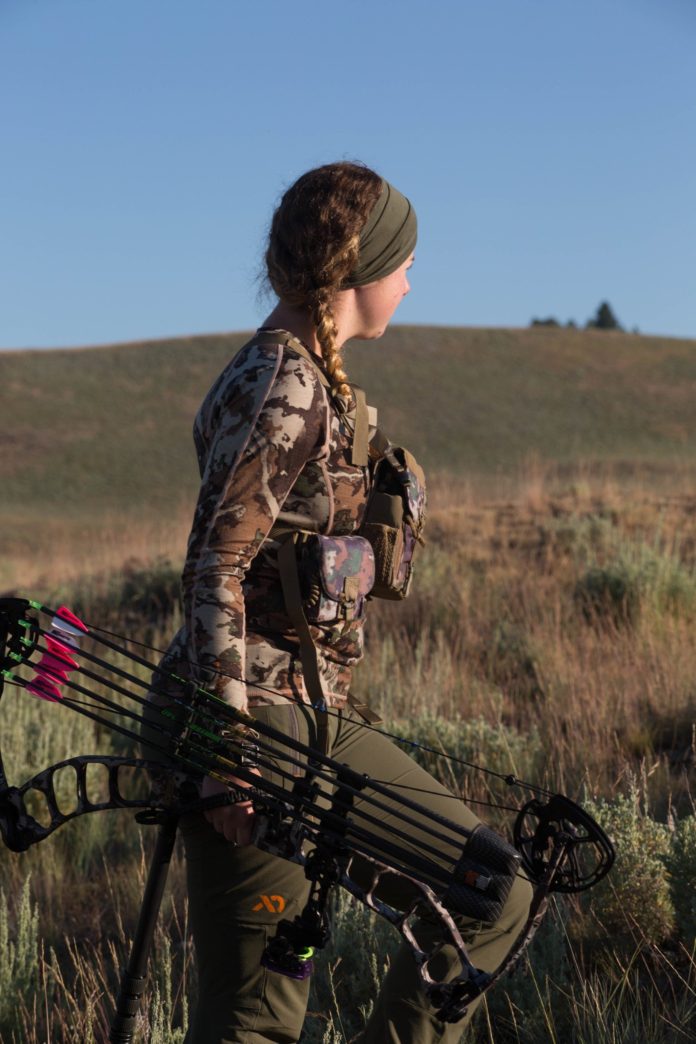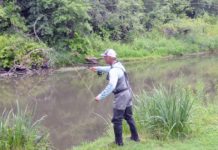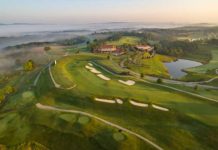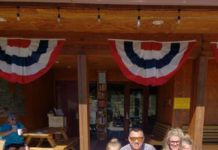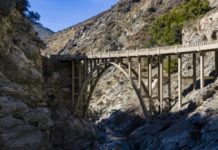Disclosure: Sopris Sun contributor Geneviéve Villamizar is an ambassador for Artemis, a National Wildlife Federation initiative promoting conservation among sportswomen.
Head to Marble Distilling on Nov. 13 at 6 p.m. to imbibe in a spirited evening of stories and conversations on the shifts redefining hunting and food today.
“Voices in Hunting” is co-hosted by Artemis, a women’s conservation initiative through the National Wildlife Federation, and by Backcountry Hunters and Anglers, a North American organization advocating for public lands and hunter ethics.
Why hunting stories, and why now?
The lines between farming, hunting, foraging and growing our own food are softening. The face of hunting is quietly evolving as traditional hunters age out and more diverse voices find representation in the media.
A surprising 90% of all new hunters are actually women and girls. “Adult onset hunters” are another demographic on the rise, as are vegetarian hunters — you read that right. Those who refuse to support industrial animal factories are opening up to consciously-sourced protein. State wildlife agencies are reaching out to foodies, urbanites, hipsters and BIPOC (Black, Indigenous and people of color) communities, recognizing each demographic’s desire for meaningful connection and agency. Heart-healthy, ethically-sourced protein, new-found independence in nature and genuine connections to flora and fauna are inclusive to all of us.
During the pandemic, hunter safety licenses and game tag sales unexpectedly skyrocketed — in some states, by as much as 67%. For many, COVID freed up bandwidth to finally navigate the traditional barriers to entry into hunting. Empty grocery shelves, a dearth in garden canning supplies and sold-out seeds prompted pathways to sustainable, secure, game meat.
“Voices” storytellers are people you might recognize. They are neighbors, farmers, writers, ranchers, foodies, teachers and stewards.
ACES Rock Bottom Ranch livestock manager Jennifer Ghigiarelli (known for her vintage style and dramatic, winged eyeliner!) has been raising cattle, sheep, goats, pigs, laying hens and meat birds for the past six years. Regenerative, holistic practices infuse her work, but deep in her heart, she says she has come to see that hunting for her meat allows animals to live a natural life in the wild and provides clean, high-quality meat. Her notebook from hunter safety is dense with meticulous notes, sketches and questions. Her first deer hunt opens “Voices in Hunting.”
Ghigiarelli will chat with Danielle Davis about their shared connections to both domestic meat and game.
Davis spent childhood summers fly fishing at a family “basecamp” at the Ranch at Roaring Fork. Autumn meant pheasant season, hunting with her dad and the family bird dog. From these memories, Davis founded the Western Meat Collective, partnering with ranchers and chefs to teach butchery, whole-animal cookery and charcuterie — moving beyond the obvious choice cuts. Davis believes that, by using the whole animal, we reconnect with the stories behind our food.
Barriers to hunting exist not only for women, but for men, too. Unless you grew up in it, how to start? The learning curve is huge. Even for Colorado Parks and Wildlife Ag Commissioner Eden Vardy — executive director of the Farm Collective. He has wanted to hunt for several years, but still hasn’t secured the opportunity.
Why is it so challenging?
Let’s flip the table. In the wild, the mothers of the herd are the carriers of knowledge. Each season, herd females teach yearlings unique herd patterns: feeding locations, bedding areas, travel corridors, water sources, safety and survival. All of this information changes as the herds migrate seasonal grounds. Each year, that herd knowledge is impacted or altered by humans, other wildlife, or imbalances from weather and climate events.
To become hunters, we humans must also learn and interpret this ever-evolving realm.
Jason Nauert grew up in the hunting realm and has made it his livelihood, teaching others. For Connor Coleman, it is the reverse: his career in stewardship and conservation led him to hunting to better understand the land and inform his decisions as a land steward.
Each speaker’s relationship to hunting is unique, from different backgrounds and at different stages in the journey. As a result, the culture of hunting and the challenges affecting wildlife look different from each perspective. In community, we mirror how to do better individually and collectively — to be better stewards, hunters and providers.
Listen to the new dialog framing hunting. Sip hunt camp inspired whiskey cocktails. Meet new friends, craft future adventures, share your own stories. Celebrate wholesome shifts in hunting with Artemis and Backcountry Hunters and Anglers. Doors open at 5 p.m. and $25 Twenty-five dollar tickets include door prizes and charcuterie appetizers; purchase on the Backcountry Hunters and Anglers website under “Events” or at the door!
Credit: Source link

















